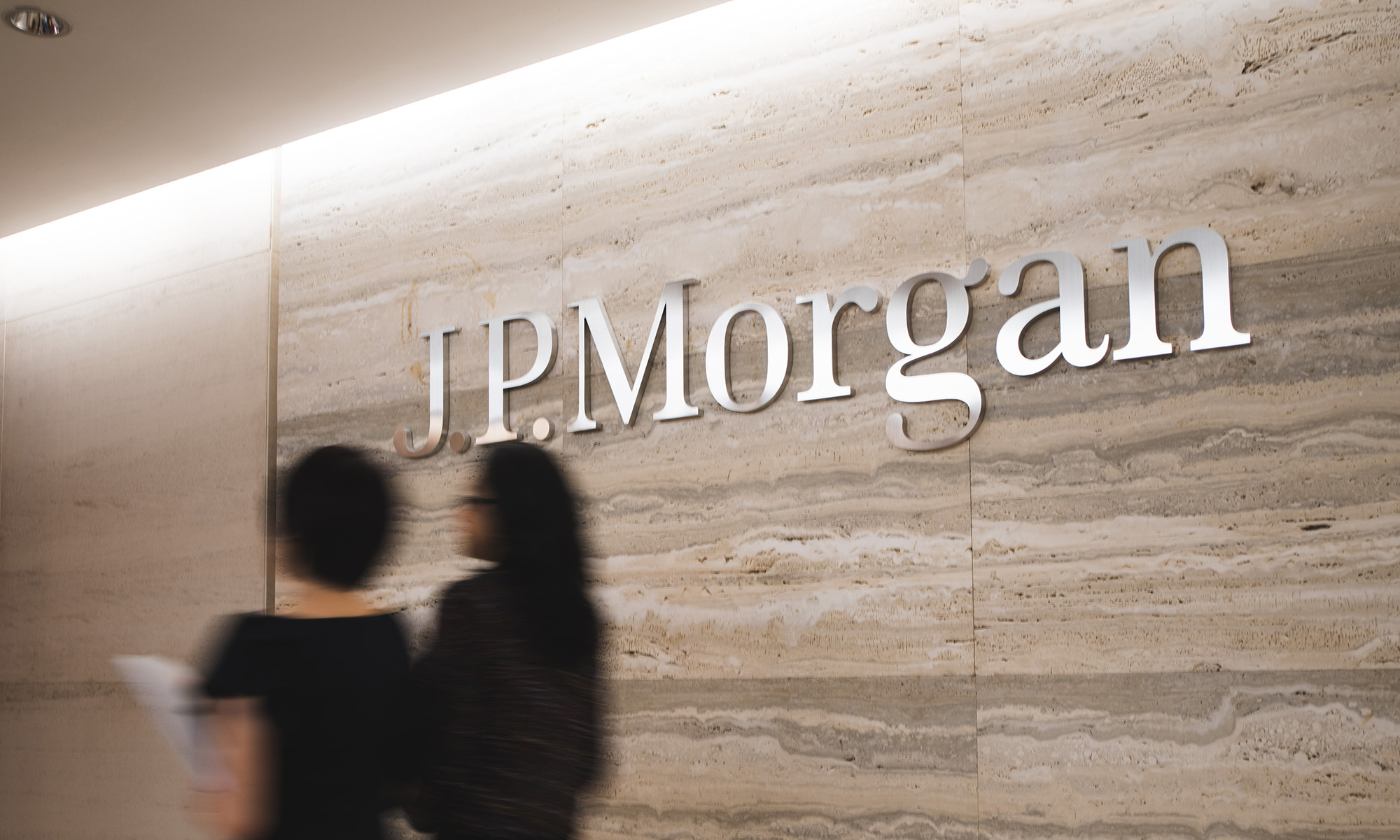Warren Buffett's trades and wisdom are always newsworthy, but he just made historic headlines with the announcement of his retirement at Berkshire Hathaway's annual meeting.
Buffett has led Berkshire Hathaway to become the seventh-largest company in the world by market cap, and his trading activity rivets the investing world as legions of fans try to emulate his success. He has crushed the market over time without leaning into the growth stocks that investors normally gravitate toward to supercharge their portfolios, and his favorite stocks are value superstars like Coca-Cola and American Express.
Nu Holdings (NU +2.47%) was one of his smallest and most unusual equity investments, and Berkshire Hathaway just sold its remaining shares. It's an all-digital bank headquartered in Brazil, and it's crushing the market in 2025, up more than 25%.
Let's see what this small bank offers and why it's likely to outperform for the rest of the year.
Opportunities now and in the future
Nu is a fintech rockstar with operations in Brazil, Mexico, and Colombia. It has 104.6 million members in Brazil, or 59% of the country's adult population, but it still sees significant room for expansion. It has even more growth potential in Mexico, where it has only 12% of the population, 11 million people, as customers. That number increased 70% year over year in the first quarter. In Colombia, where it's still in the launch phase, it has 3 million members.
Mexico is already the second-largest banking market in the region, but Nu Chief Executive Officer David Velez pointed out that "The bigger opportunity here isn't just to win market share -- it's to expand the market itself."

Image source: Getty Images.
He explained how Nu is raking it in and turning sales into profits. Newer customers usually create about $5 in revenue, but over time, as members engage at higher rates and adopt new products, that can go north of $25. But Nu is still young -- just over a decade old. Legacy banks in its regions, on average, make $43 in revenue per active customer. Nu is narrowing the gap fast by launching new products and targeting new populations. Net income increased 74% year over year in the first quarter while revenue rose 40%.
It's also doing it efficiently and at a low cost. As it scales up and uses technology for automation, for instance, keeping everything online instead of investing in physical storefronts, cost to serve per active customer has been on the decline. Management expects the trend to continue.
Nu made some announcements last year indicating that it was entering new international markets, which, down the line, could be another growth driver. Although for now it's focusing on its three current markets, which all have substantial growth opportunities, it's laying the groundwork for international expansion.
Why did Buffett sell Nu stock?
Berkshire Hathaway invested in Nu in a pre-initial public offering (IPO) funding round in 2021 just before the company went public. It's possible that Nu was picked not by Buffett but by one of his investing managers, Todd Combs and Ted Weschler. Buffett isn't a fan of IPOs or tech stocks, and he has credited his managers with buying Amazon stock, which is also not exactly in his wheelhouse.
Regardless, Nu has some of the features that Buffett loves. Although as a young growth company it's still investing in its future, its costs to operate are low, helping it earn high returns. That's a self-perpetuating positive cycle that will lead to higher profit as the company grows and its markets mature.

NYSE: NU
Key Data Points
It's cash rich because it's a bank, and a central component of its business is using its deposits to invest and fund loans. Its high profits are driven by interest earned on the credit portfolio and its low overhead.
Berkshire Hathaway sold a large portion of Nu stock in the fourth quarter of 2024, and sold its remaining shares in the 2025 first quarter. It isn't clear why Berkshire sold Nu, especially as it zips higher, but Buffett has been a net seller of stocks for 10 quarters now. He also sold about half of his Apple stock recently, but Apple still accounts for the largest portion of Berkshire's equity portfolio by far, so I wouldn't read too much into the Nu stock sale.
Nu has tremendous opportunity as it creates a shift in digital financial services in its markets and globally, and it also has an edge these days because it's protected from the threat of U.S. tariffs. It's likely to keep climbing this year and to reward shareholders over the long term.










